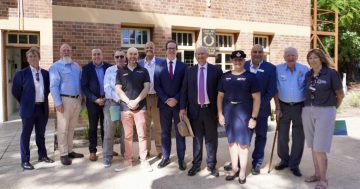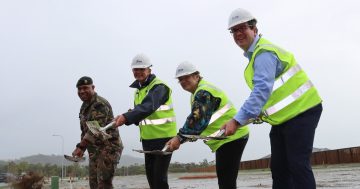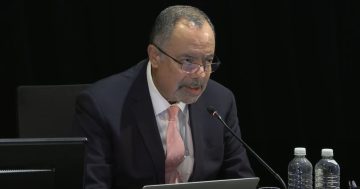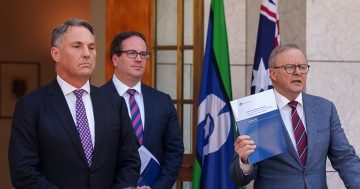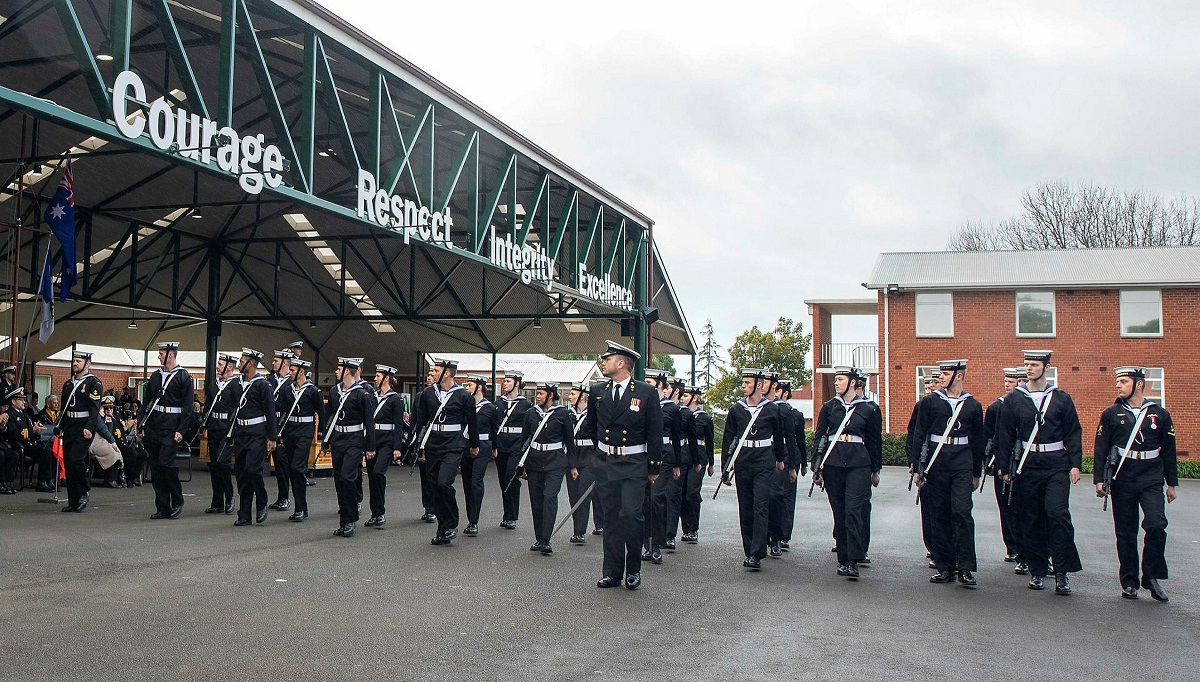
Just as Defence members need assistance in joining the services, they also often require support and assistance when leaving. Photo: ADF.
Australian Defence Force veterans looking to depart the services and transition into civilian life may be better supported with the Federal Government’s release of its first ever Veterans Transition Strategy.
The 34-page strategy was compiled as part of a joint effort by Defence, the Department of Veterans’ Affairs and the Commonwealth Superannuation Corporation.
The strategy identifies six areas where ADF members and their families can prepare a move to civilian life, including:
- having an early preparation plan;
- an awareness of and access to appropriate support;
- keeping their families engaged throughout the process;
- ensuring they have access to employment or education opportunities;
- providing financial literacy; and
- ensuring they continue to feel supported and recognised throughout the process.
“We understand that veterans’ experiences differ and there is no ‘one-size-fits-all’ approach to transition,” Minister Keogh said in a release.
“I’m determined to ensure the Government delivers the services and supports our Defence personnel, veterans and their families need and deserve.
“The Veteran Transition Strategy is a major step forward to establishing a more connected transition ecosystem, prioritising the individual needs of each veteran and their families.”
The Government said it had already put some initiatives in place to improve services to transitioning veterans, including a skills recognition program that helps to translate military training to civilian qualifications, improved and individualised support for personnel transitioning, and changes to Defence Housing rules to allow a departing member to occupy a rent allowance property in a community they wish to settle in.
Other initiatives include allowances to attend civilian GP appointments to support the handover of Defence Health records, and out-of-hours coaching to support transitioning members and their families.
In the strategy’s foreword, Minister Keogh recognises the difficulties that can be experienced by an ADF member departing the services.
“Transitioning from the ADF to a predominately civilian life is a significant life event,” he wrote.
“It is not a single point in time but rather an event that spans before, during and after a veteran leaves the ADF.
“This journey involves a broad range of service providers that are vital to ensuring we support transitioning veterans and their families as successfully as possible.
“We know that an improved transition experience is more likely to be achieved if everyone is working together to achieve the best transition outcomes for veterans and their families.
“Through extensive consultations and engagement, current and former serving ADF members (veterans) and their families have shared their experiences and generously given their time to ensure the strategy is robust, representative and fit for purpose.
“This is why I am pleased to introduce the Veteran Transition Strategy.”
A full copy of the Veteran Transition Strategy can be found here.
Original Article published by Andrew McLaughlin on Riotact.



